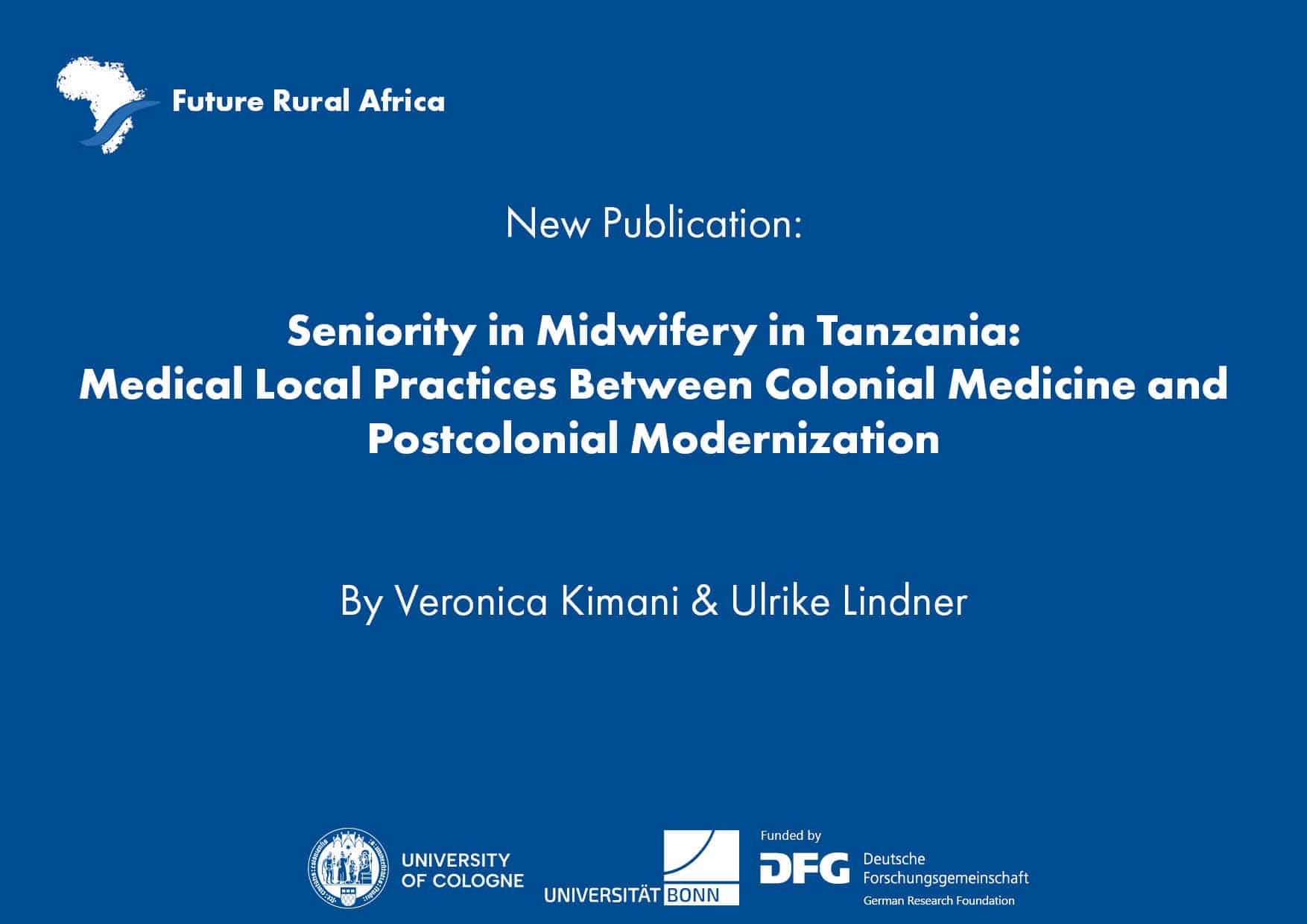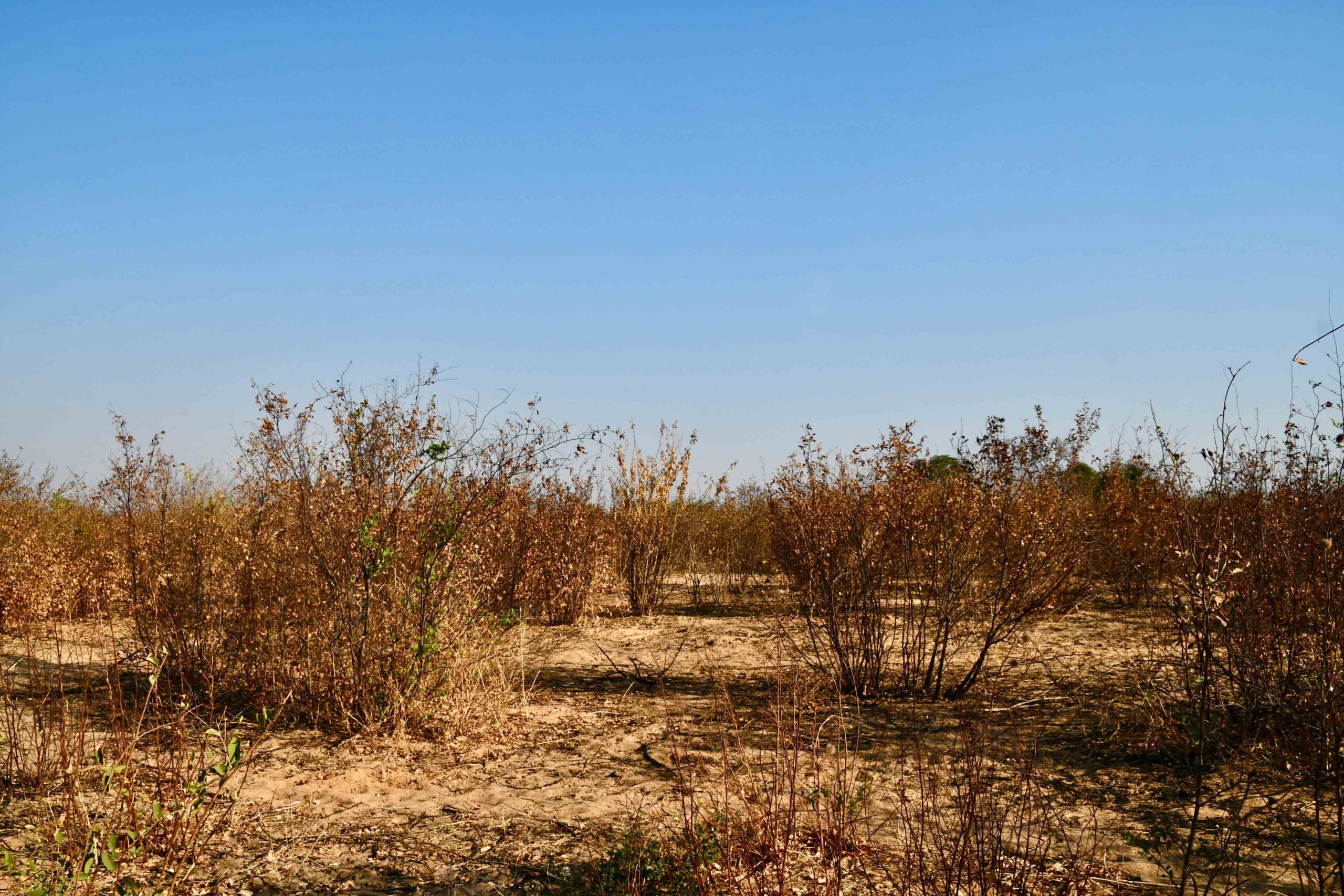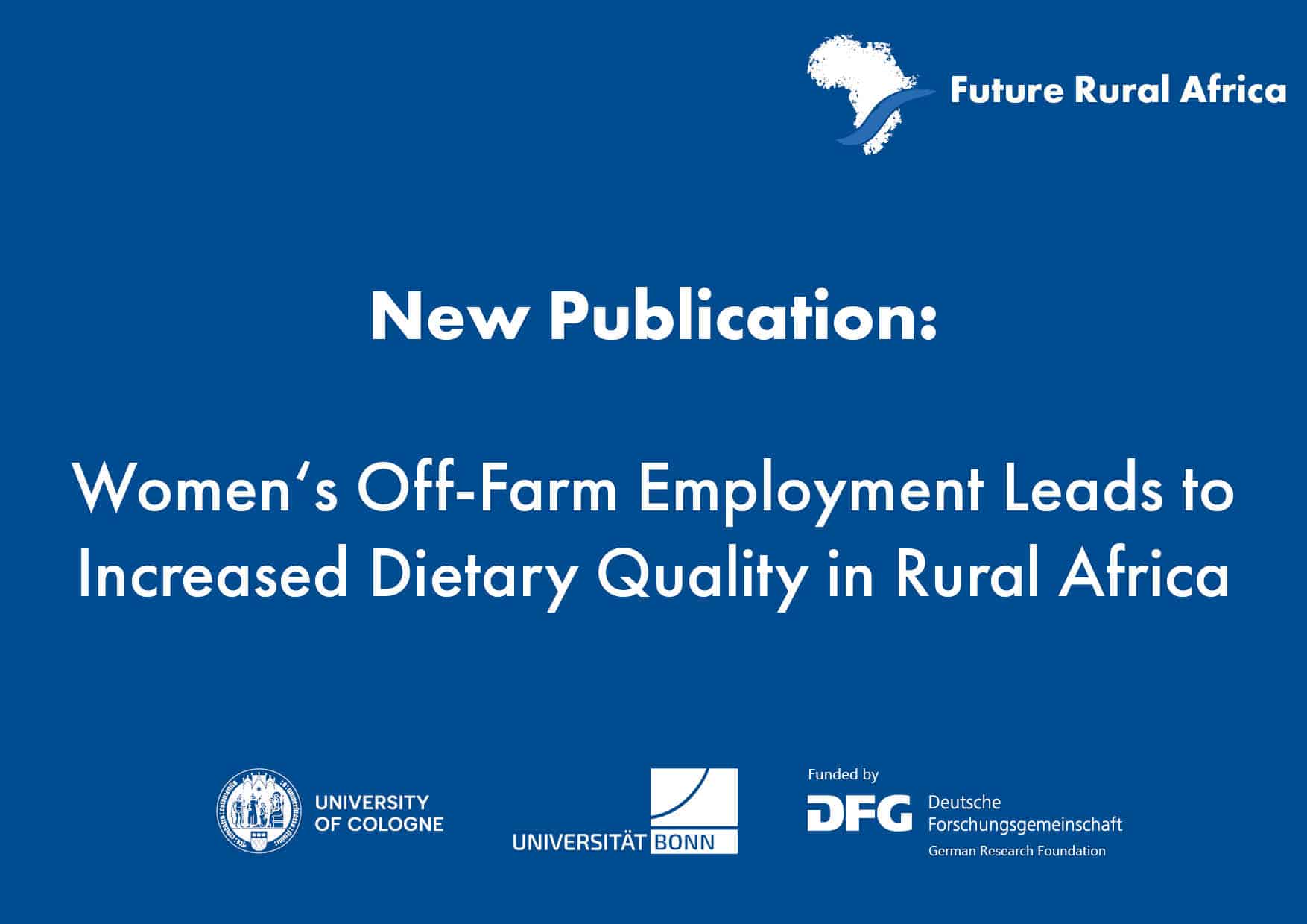By Veronica Kimani and Ulrike Lindner (Project C07 Creating Health Futures).
Abstract
Concepts of seniority and elderhood were important structuring elements in many societies of precolonial Africa and were connected with social status. This changed with the European colonization of Africa, and strongly affected traditional cultures of elderhood and seniority. On a general level, this societal change took place through efforts at ‘modernization’, in the field of midwifery and maternity mainly through mission education and the introduction of Western medicine. The impact of colonialism continued in the postcolonial era when the former emphasis placed on old age as a structuring factor for societal hierarchies was partly replaced by other factors such as political power, monetary wealth (in the new capitalist economy), or the level of education, including access to scientific knowledge. These changes were certainly not always as linear as often portrayed in earlier historical research. In the case of traditional midwifery, several studies have shown its transformation through the process of medicalization and the decline of traditional midwives. However, in this paper, we will look at medical practice and analyse how – since colonial times – the attempts to end or transform traditional midwifery have been contested, had setbacks, and been full of varying, sometimes antagonistic developments. Using Kilombero in Tanzania as an example, we show how the services of traditional midwives continue to be sought, even in independent Tanzania. In this respect, the concept of age and seniority play a key role. Besides strong external influences, internal cultural interplay still favours the concept of elderhood, leading to the survival of traditional midwives.
Reference
Kimani, V., Lindner, U. 2024. Seniority in Midwifery in Tanzania: Medical Local Practices Between Colonial Medicine and Postcolonial Modernization. Nordic Journal of African Studies, 33(4), 304–325. DOI






